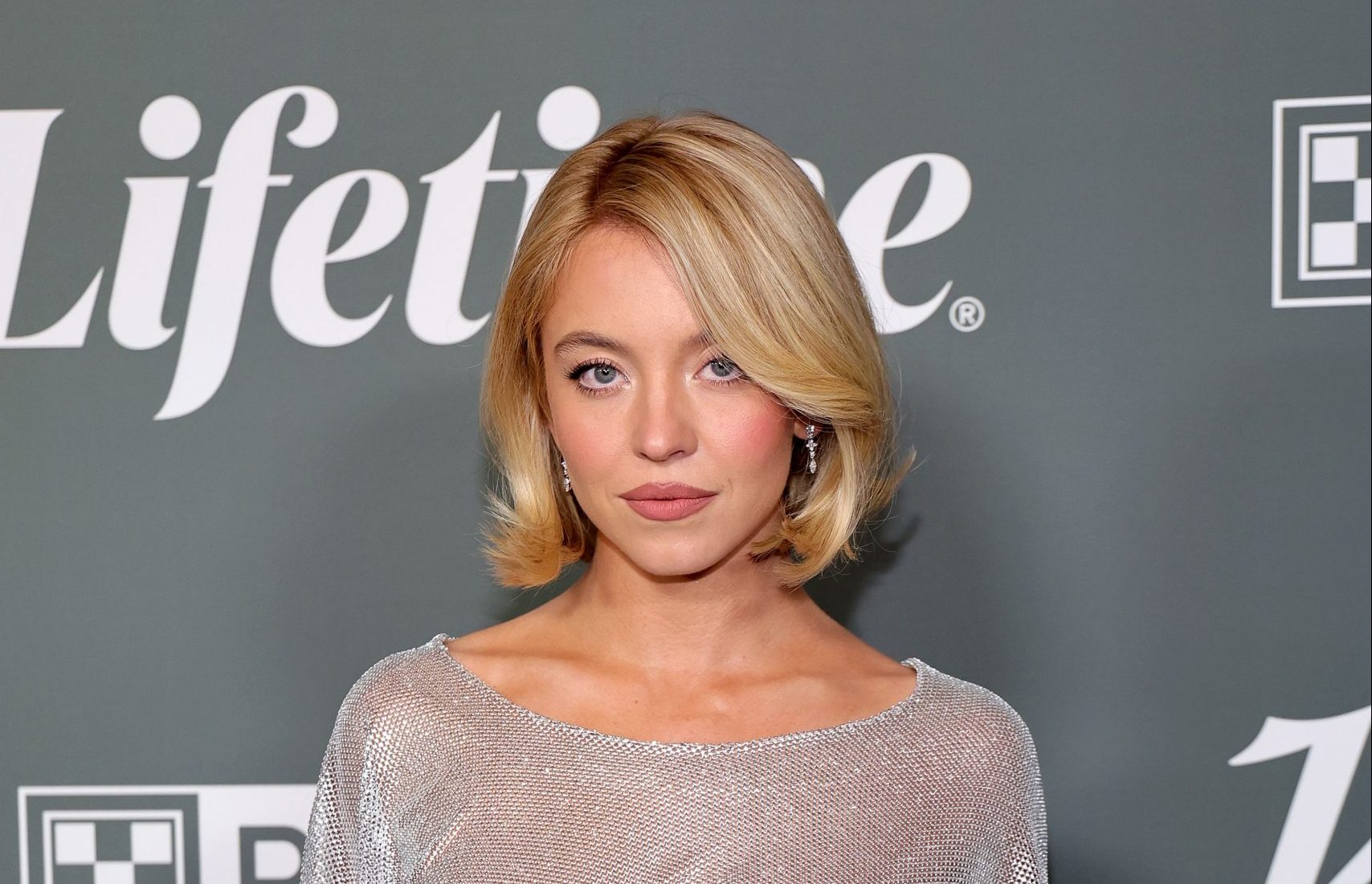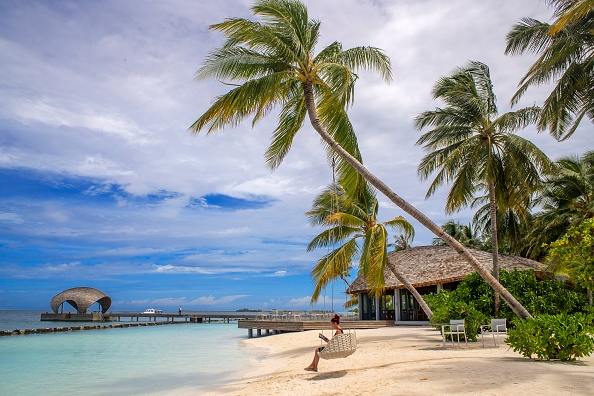The French writer André Gide, Nobel Prize for literature in 1947, said: “Many times the words we should have said don’t come to mind until it’s too late.”. After a short and unsatisfied Hollywood adventure with ‘Against All’, British director John Michael McDonagh returns to the industry of his country with a film with the spirit of the cinema of yesteryear, “The Forgiven”film adaptation of Lawrence Osborne’s novel of the same name and which arrives in commercial theaters after passing through the Toronto Film Festival.
McDonagh surprises from the start, with an execution more typical of classic cinema, introducing the credits that are usually placed at the end as a cover letter, as was done in the past. Also, the director does it in reverse, so that the thanks and credits of the technical team are read before entering in full the presentation of the protagonists, who are also shown in reverse. In the middle, a series of elegant sequences that evoke those dramatic or mysterious stories set in the colonial period, with a wealthy couple traveling by ship from Spain to Moroccoa territory that still enjoys the exoticism that attracts so much for classic-looking narratives.

Suggestive beginning whose subtleties are interrupted by the frontal clash of the plot, just like McDonagh did with “Calvary”, his most acclaimed film to date. In that journey into the oasis, in the lost palace in the middle of the desert where the protagonists have to go to the agape of a couple of friends, the main couple fatally runs over a young man who just wanted to sell him some fossils. McDonagh could very well have run the film in such a way that husband and wife chose to try to hide the crime, but the director, who also writes the script, confronts his protagonists with a terrible truth: the laziness of a corrupt system that chooses to look the other way when the victims are people of humble origins.
‘The Forgiven’ quickly shows its cards, making a careful and critical portrait of the upper middle class and the jet set, with a setting typical of the colonial period but that McDonagh brings to the present day, in an atmosphere of contrasts with which the director recalls that, despite the years, certain things have not changed, such as the feeling of a certain impunity of the wealthy class . With both the main couple, as well as the homosexual couple of the hosts and the rest of the guests, McDonagh performs a criticism whose protagonists could very well have been the protagonists of ‘The exterminating angel’ in the Sahara desert.

However, McDonagh opts for chiaroscuro, starring a magnificent Ralph Fiennes, who lives between the torment of having ended a person’s life and the apparent indifference that his comfortable position has given him. At the center, the story of a marriage in crisis, in which both seem to have surrendered to the pleasures of banality. The director tackles all of this under the elegant suspense layer of cinemain which it introduces the feeling that something terrible could happen at any moment, especially when the victim’s family members burst onto the scene.
Elegant suspense drama with a careful visual that enchants
This is where we see the strength of McDonagh’s cinema, which has already tackled social inequalities both in “Calvary”, where an innocent protagonist has atoned for the sins of a rotten institution, and in “The Irishman (The Guard)”, in that, as a sour comedy, he exposed racism in society; with “The Forgiven” makes it more of a class perspective, in which it subtly shows how the ability to live in peace with oneself, the ability to redeem oneself or the feeling of honor do not include money. In that aspect, It is appreciated that the director dared to give the same lead role to the Moroccan cast, in which the magnificent Saïd Taghmaoui, Ismael Kanater and Mourad Zaoui dazzle.
It’s more, There comes a time when Moroccan actors have a greater depth and complexity than those of the great protagonists of the film, Ralph Fiennes and especially Jessica Chastain. The Oscar winner for ‘The eyes of Tammy Faye’, despite starring in a scene that sums up the film by reading André Gide’s ‘The Immoralist’ the morning after witnessing the indignation, feels a bit wasted, especially in a cast which also has a luxury cast in which two greats Matt Smith and Caleb Landry Jones act as precise hosts and with an international cast in which Alex Jennings and Marie-Josée Croze live their moments of brilliance.

McDonagh performs a classic thriller that evokes the spirit of films such as ‘Mr. Ripley’s Talent’ or ‘The Two Faces of January’thanks also to some suggestive scenarios, which show a beauty between exuberant and decadent, with a splendid scenography, the work of Willem Smit; a careful photograph that brings back those desert airs of titles like ‘The English Patient’ or ‘The Sheltering Sky’, made by Larry Smithwhich was behind the photography of “Eyes Wide Shut” and “Solo Dios Pardon”, and a soundtrack that enhances that classic feeling, composed by Lorne Balfe.
With some great interpretations, in which the Moroccan cast and an exquisite technical section stand out, ‘The Forgiven’ is the kind of cinema that claims its position on the big screen, a classicist proposition that amazes for its commitment to bringing that atmosphere of yesteryear and for that exotic thriller tone typical of Patricia Highsmith’s novels. A film with which McDonagh reconciles with himself and which shows that, for now, he continues to play better at home.
Note: 7
The best: Its technical aspect and magnificent photography. The Moroccan cast, in particular Mourad Zaoui and Ismael Kanater.
Worse: After an elegant and subtle presence, McDonagh is guilty of over-recreating himself, causing what is a suspenseful drama to leave a certain feeling that its plot is too lethargic.
Source: E Cartelera




